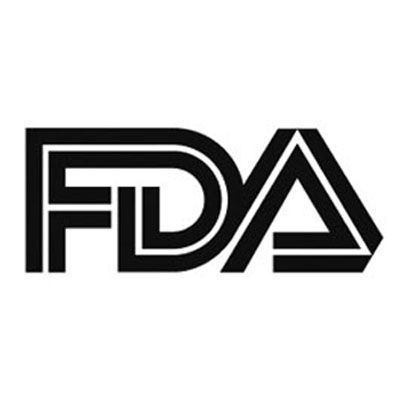FDA Grants Fast Track Designation to Novel I/O Agent for Advanced Melanoma
BNT111, an immunotherapy agent under investigation in a phase 2 study, has been granted fast track designation by the FDA.

The FDA has granted fast track designation to the investigational immunotherapy agent, BNT111 (FixVac), for the treatment of patients with advanced melanoma, according to a press release issued by BioNTech SE.1
BNT111 has a fixed combination of mRNA-encoded, tumor-associated antigens, leading to a strong and precise immune response against cancer. The agent is currently being evaluated in the open-label, randomized, phase 2 study (NCT04526899) of approximately 120 patients with anti-PD1-refractory/relapsed, unresectable stage III or IV melanoma.
“The fast track designation underlines the potential of our FixVac platform to address current treatment challenges of pre-treated and immune checkpoint blocker experienced melanoma with limited standard of care therapy options left. This is an important step to pave the way for this versatile new treatment approach in a high medical need setting,” said Özlem Türeci, MD, co-founder, and chief medical officer of BioNTech, in a press release. “With the fast track status and support by the FDA, we aim to expedite the further development of the BNT111 program to provide a new therapeutic option for patients with life-threatening, hard-to-treat melanoma.”
In the study, the efficacy, safety, and tolerability of BNT111 alone and in combination with cemiplimab (Libtayo) is being investigated in 3 arms. In arm 1, patients will receive BNT111 monotherapy. In the second treatment arm, patients will receive BNT111 in combination with cemiplimab, and in arm 3, patients will be treated with cemiplimab alone.
The primary end point of the study is the objective response rate (ORR) in the BNT111 plus cemiplimab arm. The secondary end points of the study include ORR in both monotherapy arms, duration of response, disease control rate, time to response, progression-free survival, the incidence of laboratory parameters within a patient, and patient-reported outcomes.
Investigators launched the study to confirm evidence of a favorable safety profile and anti-tumor responses shown in the phase 1 Lipo-MERIT study (NCT02410733) of BNT111 alone and combined with immune checkpoint inhibitor therapy in patients with advanced melanoma. According to published data, from 89 patients, treatment with BNT111 led to partial responses in 3 patients and stable disease in 7 patients. There was also 1 patient who had a complete response to the agent.2
With a fast track designation, the FDA will expedite the development of BNT111 by conducting a speedy review to any application submitted by the developer in effort to fill an unmet medical need.
The phase 2 trial of BNT111 is actively recruiting patients who are 18 years of age or older with the histologically confirmed disease per RECIST v1.1, confirmed disease progression, an ECOG performance status of at least 1, and adequate bone marrow, hepatic, and kidney function as well as adequate laboratory values and coagulation. In terms of prior therapy, patients are required to have received prior pembrolizumab (Keytruda) or ipilimumab (Yervoy), and they must have received between1 to 5 lines of prior therapy for advanced disease. Patients are also required to be able to tolerate additional anti-PD1 therapy and have a known BRAF mutation status.3